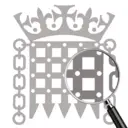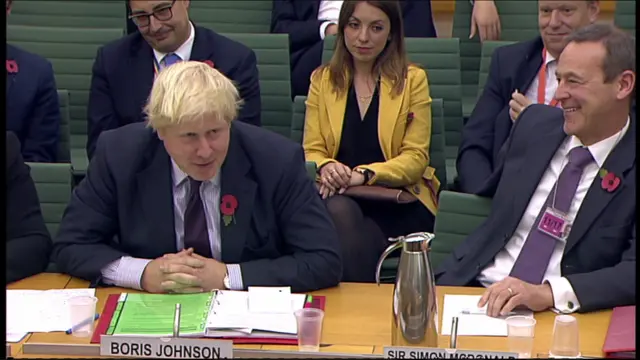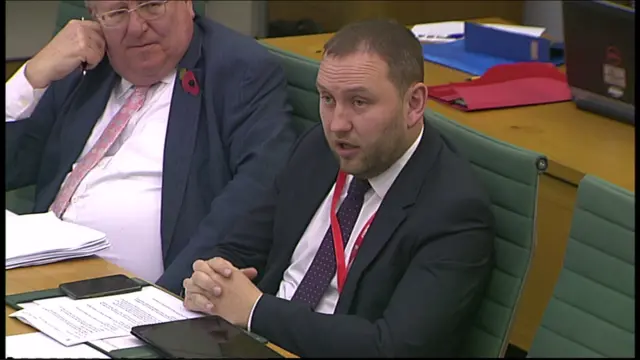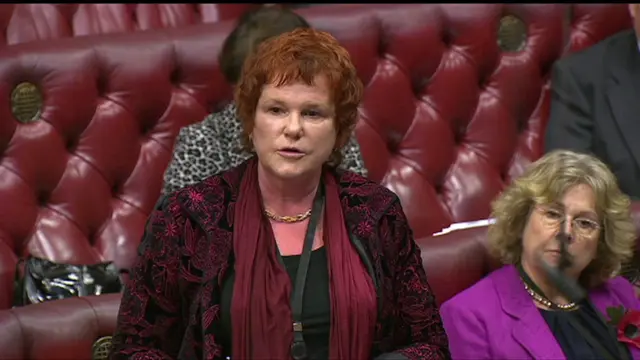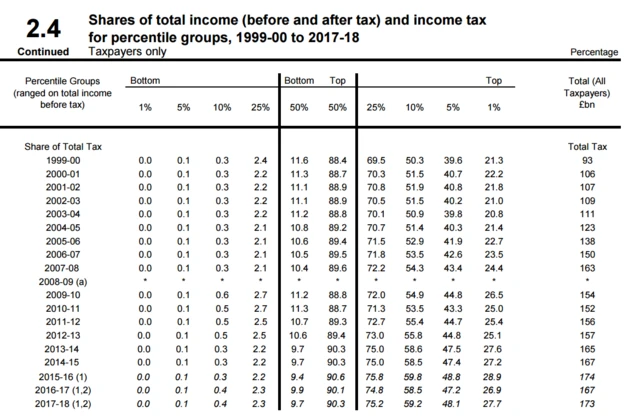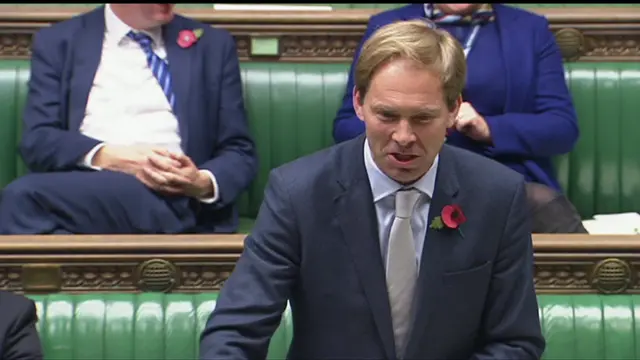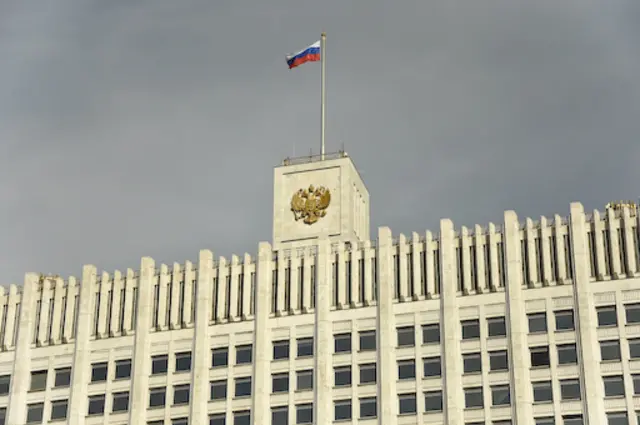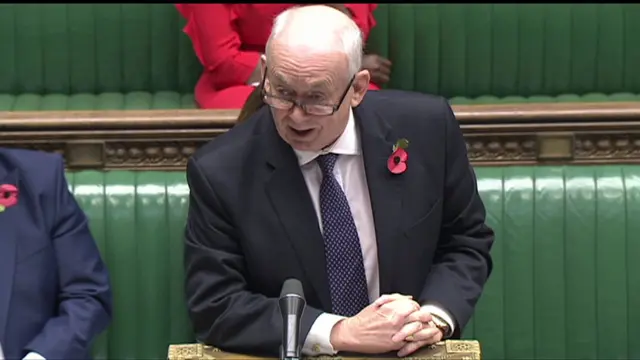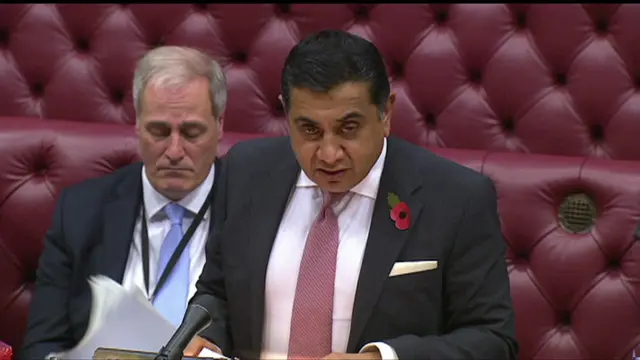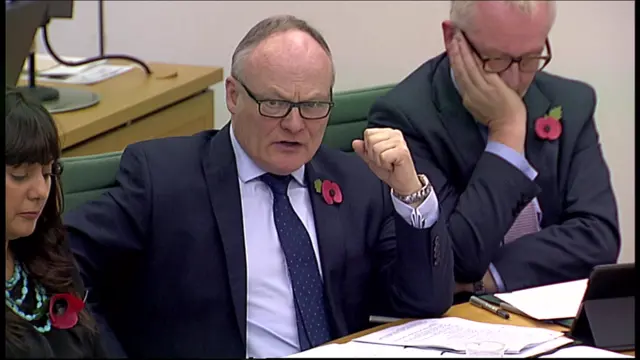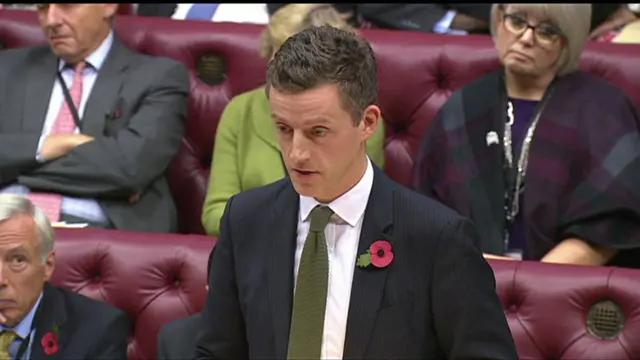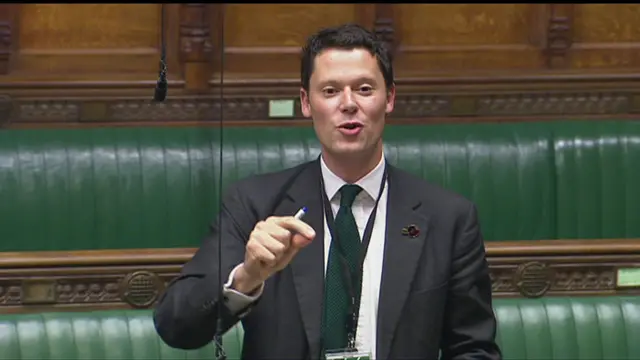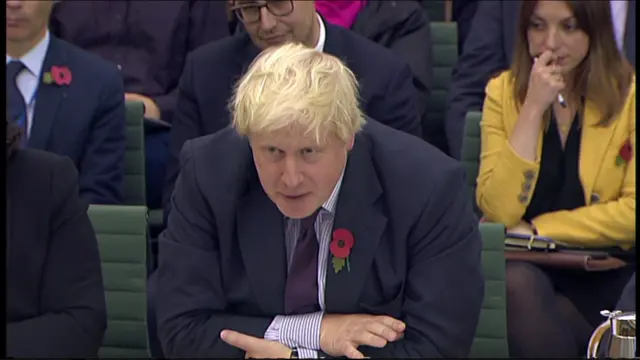'Who is the decision-maker?'published at 16:24 GMT 1 November 2017
Brexit reports debate
 House of Commons
House of Commons
Parliament
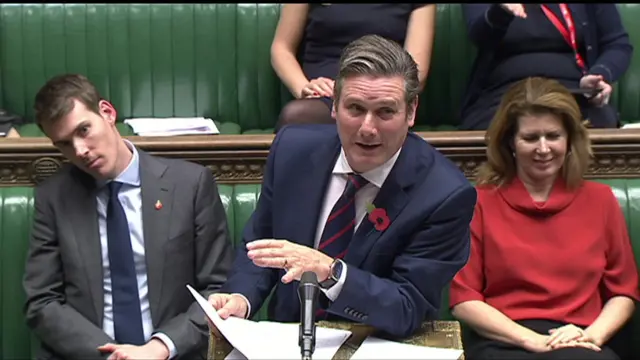
"If the principle of disclosure is agreed, then we are open for discussion as to exactly how that works," Sir Keir tells ministers.
He argues that releasing the Brexit impact assessments to the Commons Committee on Exiting the EU, as Labour's motion says, is an obvious method.
And he asks: "Who is making the decision that these reports can't be disclosed?
"It cannot be the relevant cabinet members, because they have not read the reports."
He asks whether Brexit Secretary David Davis has made the decision - and whether a record exists of who has made the decision for each report.
